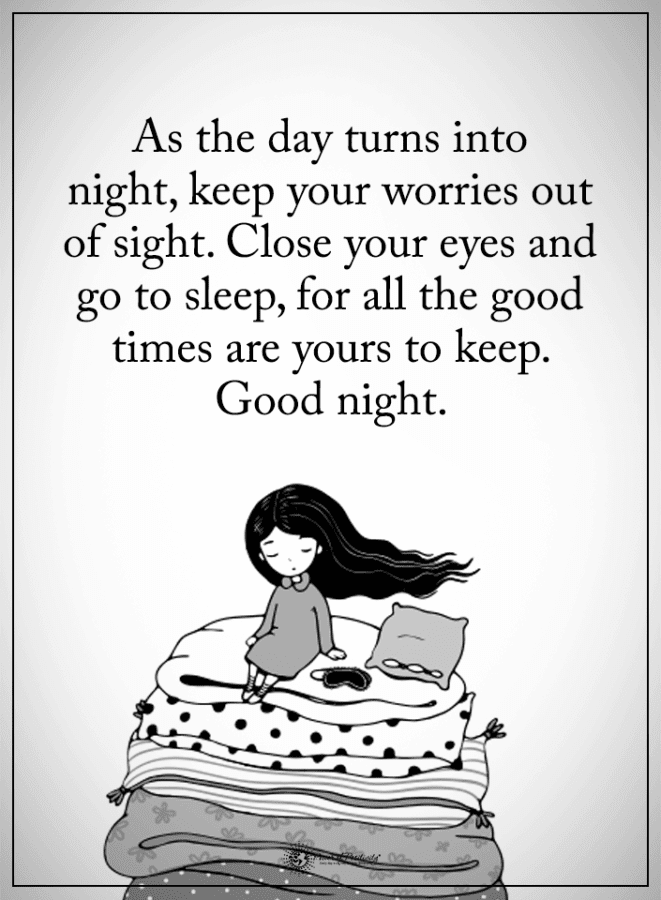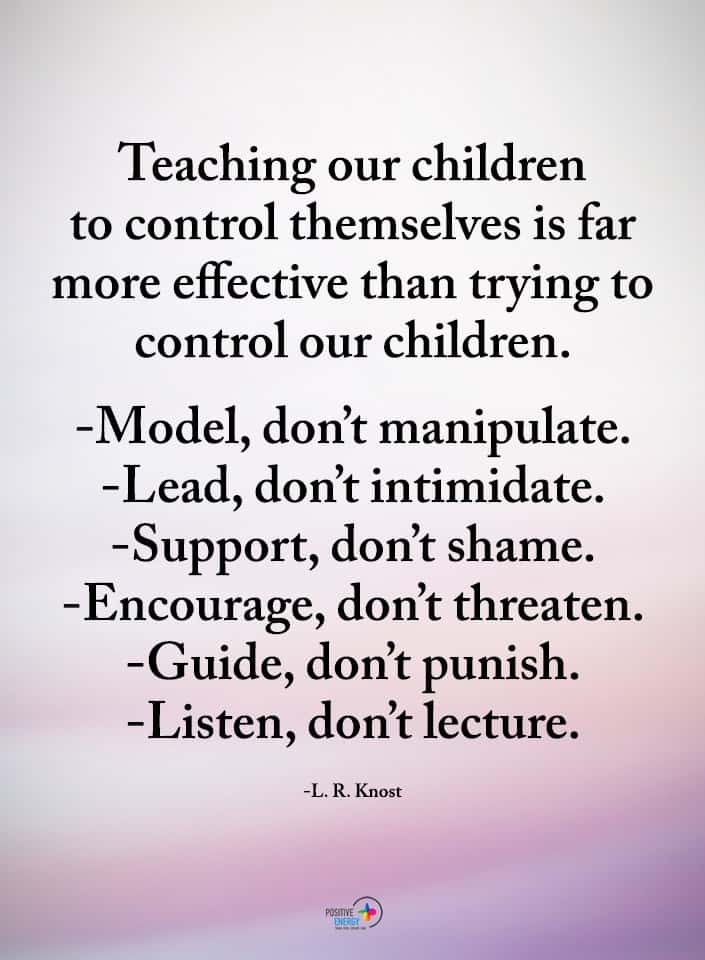Are you really in love, or are you settling for having someone?
There is a difference between love and just being attached. Being in love opens your heart and soul to another, surpassing all other forms of attachment. While attachment is the fear of being alone, love is the freedom to be all you can be. Attachment requires that you be in a relationship to function. You cannot handle the loneliness. Love is quite different. It brings out the very best in you.
So what does this mean regarding being in love and being attached?
Understanding the 3 significant differences between love and attachment can change your relationships:
You can start to identify your attachment style by getting to know the four patterns of attachment in adults and learning how they commonly affect couples in their relating.
1. How attachment plays in a relationship.
In their research, Dr. Phillip Shaver and Dr. Cindy Hazan found that about 60 percent of people have a secure attachment (which is a supportive attachment), while 20 percent have an avoidant attachment, and 20 percent have an anxious attachment.
As per Dr. Shaver and Dr. Hazan’s studies, the following are the different attachments in relationships:

Secure Attachment – Securely attached adults are secure in their relationships. It stems from a secure and loving childhood. Secure adults help one another. They show support for their partners, and their relationships are based on love and trust. Secure attachment holds on for true love. They experience the supportive, empathetic, and affectionate desire to give of themselves to another.
- Anxious Preoccupied Attachment – Unlike securely attached couples, people with an anxious attachment tend to be desperate to form a fantasy bond. Instead of feeling real love or trust toward their partner, they often feel emotional hunger. They’re frequently looking to their partner to rescue or complete them. Although they’re seeking a sense of safety and security by clinging to their partner, they take actions that push their partner away.
- Dismissive Avoidant Attachment – People who attach dismissively tend to withdraw from their partners emotionally. They tend to live alternate lives that can keep them away from their attachment in a relationship. They may begin a relationship and then disappear.
- Fearful Avoidant Attachment – A person with fearful avoidant attachment lives in an ambivalent state of being afraid to get too close to their partners, if they even allow themselves to get into a relationship. They will find excuses as not to participate with their mates.
Now, how does love play into these attachment behaviors?
Love requires security and the ability to give and take. A loving relationship is birthed through letting go and allowing another to be who they are. Attachment plays into a relationship through necessity, the need to fulfill emptiness, and sometimes, co-dependency.
2. Love is passionate. Attachment settles for the relationship without desire.
As you’ve read up above, attachments can be unhealthy unless it’s based on security. The secure attachment often stems from love. Passion ignites, and the person feels whole with another. Being attached is apathetic (as in anxious preoccupied attachment or dismissive avoidant attachment). The person only wants to feel needed, even if they know nothing is shared with their partner. In this type of connection, anger and remorse start to build. The person believed they could tolerate certain things, but it isn’t easy to swallow without love. The secret of falling in love is in a state of euphoria. A person who is only attaching can’t feel the depth of desire. They usually don’t like the person, but they fear being without anyone, like in fearful, avoidant attachments.
3. Love is selfless. Attachment is selfish.
Being in love is complete freedom. You want the very best for your mate. You provide the ability to give selflessly. Your partner’s needs come before your own. It’s a state of awareness and acceptance of who you are and what you are in each others’ lives. Love turns your world around. It magnifies other giving emotions. It wants the best for two people, and you want a future together.
A person who is attached to another is selfish. They want what they want when they want it. There is no compromising. They are in a relationship for their welfare. Love requires work, but it’s easy to give. The person who is with another due to attachment only feels the aches of separation when the attention isn’t on them. They want to be another person’s everything without giving a part of themselves. There is a toxic malice to attachment relationships.
Final Thoughts on the Differences Between Love and Attachment
Love is empowering, while attachment is about who has the power. If you find yourself questioning which type of relationship you are in, ask yourself these simple questions: Are you depleting yourself with someone who is not returning the same gestures? Are you staying in a relationship out of fear or because you genuinely love and support that individual? And, how different would life be without your partner? Sometimes it takes a little bit of retrospect to decide if love is the reason you are with another, or if fear of the unknown is dictating the relationship.










